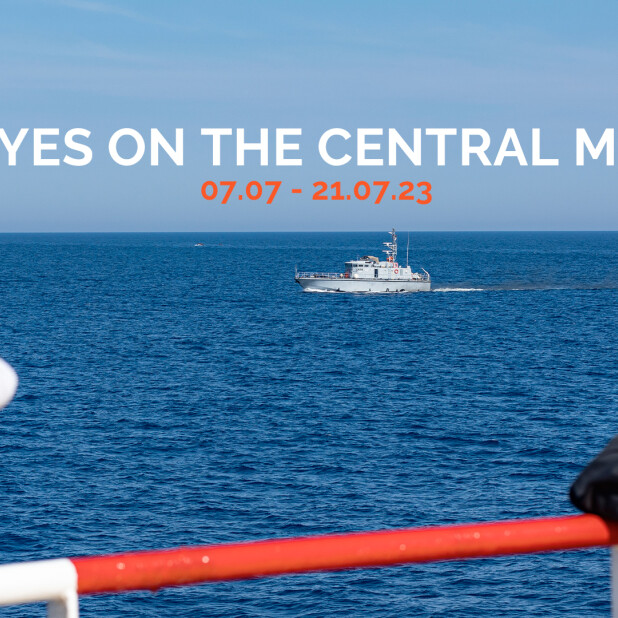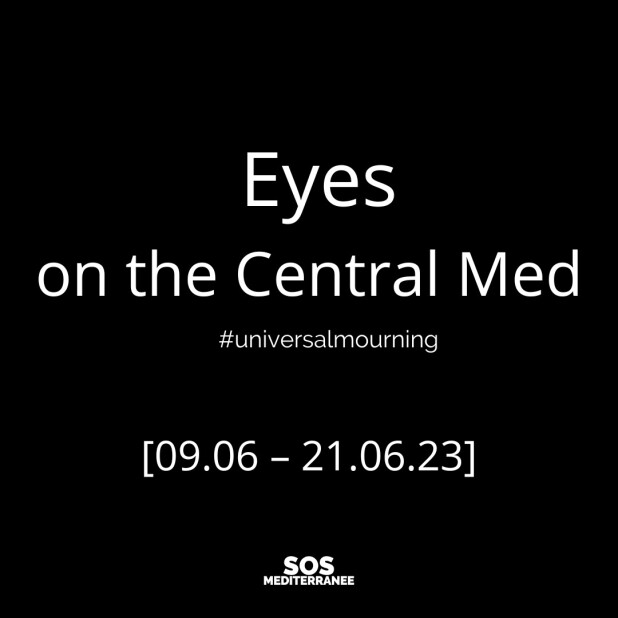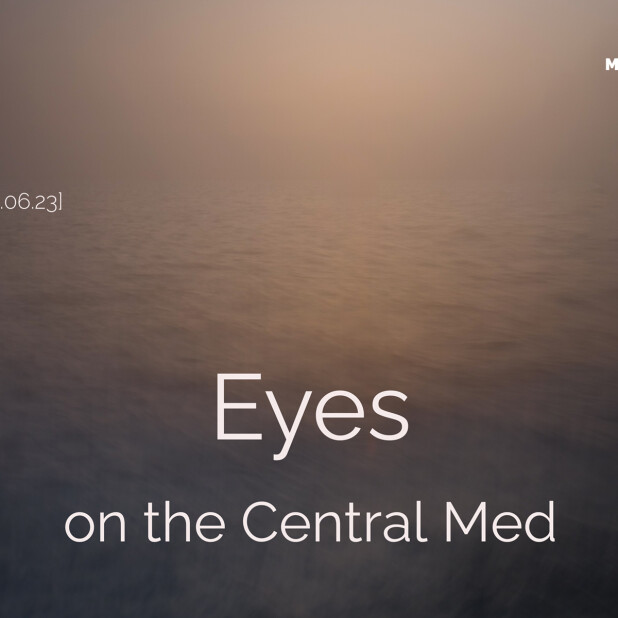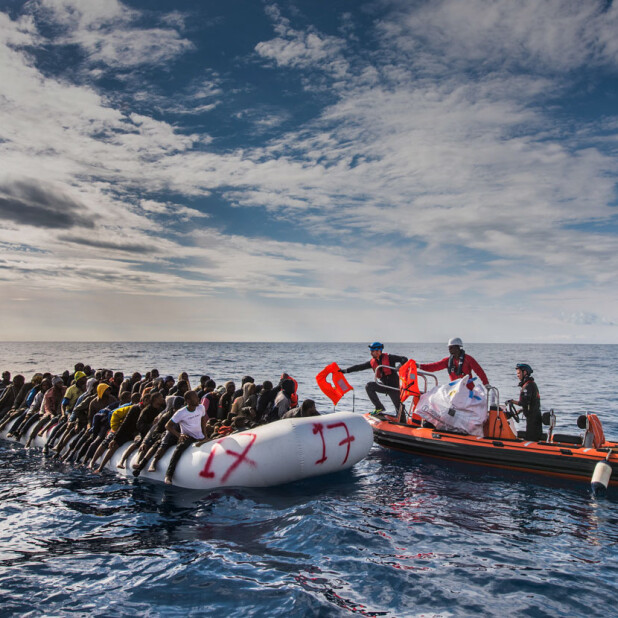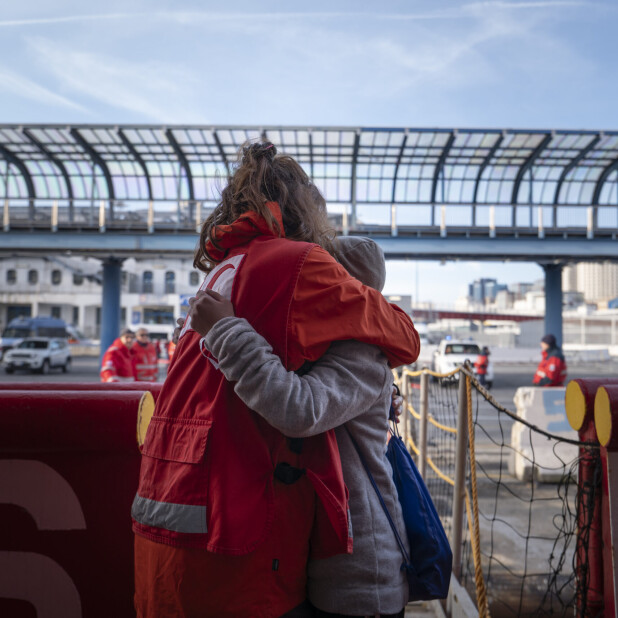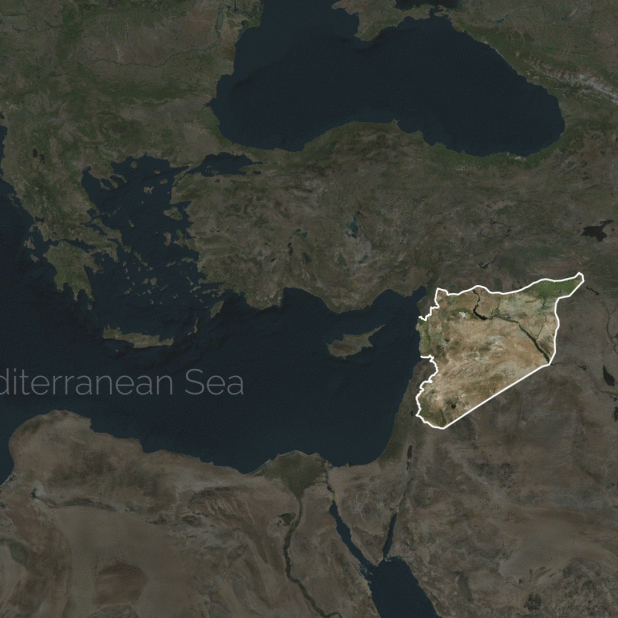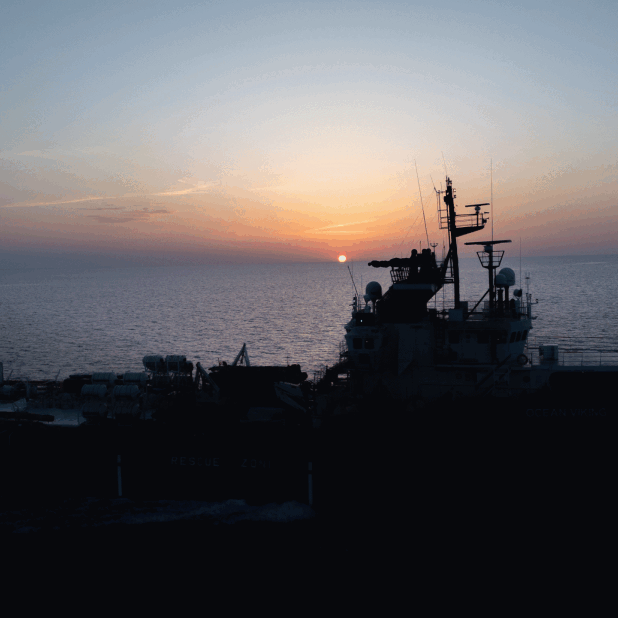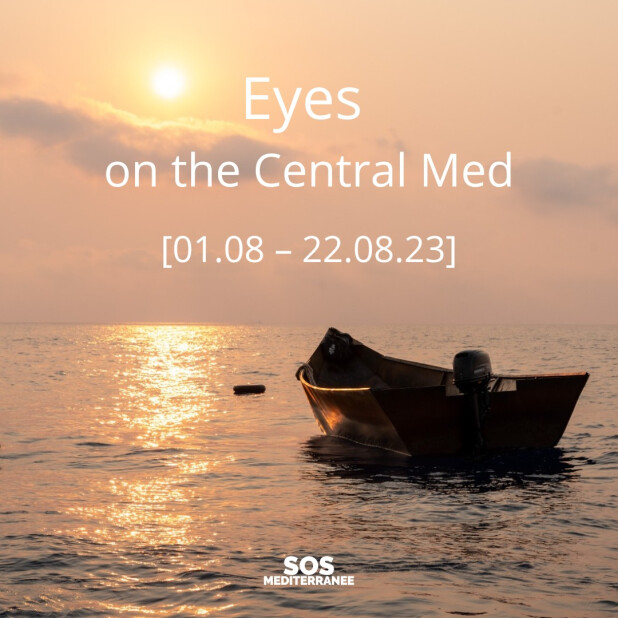
[05.10 – 19.10.22] The following publication by SOS MEDITERRANEE intends to shed light on events which unfolded in the central Mediterranean in the past two weeks. It is not intended to be exhaustive, but rather to provide a general update on maritime search-and-rescue-related matters occurring in the area we have been operating in since 2016, based on public reports by different NGOs, international organisations and the international press.
Civil NGO ships keep filling the gap left by European members and associated states in the central Mediterranean
Between October 7 and October 19, the sailing vessel Nadir of the NGO ResQship assisted eight boats in distress and over 240 women, men and children in International waters off Libya. The shipwrecked people were all eventually rescued by the Italian coastguards, some after 12 hours of wait after the first distress call.
On October 8, the rescue ship Louise Michel assisted 29 people in distress who were then rescued by Italian Coastguards. As the Italian patrol vessel approached the boat in distress to evacuate the shipwrecked people, three survivors stranded on the deck of Louise Michel for five days in waiting authoritisation to disembark in a place of safety jumped overboard. The crew declared the State of necessity on the aftermath of the event as the situation onboard escalated. On October 9, the rescue ship Louise Michel was eventually allowed to disembark in Lampedusa the 48 people rescued on October 4.
Between October 12 and October 17, Médecins Sans Frontières (MSF/Doctors Without Borders) vessel Geo Barents performed five rescues in International waters off Libya. The distress alerts were relayed by either the civil hotline Alarm Phone or the civil aircraft of Pilotes Volontaires. A total of 293 survivors are now onboard, awaiting authorisation to disembark in a place of safety.
According to the Italian journalist Sergio Scandura, on October 15 the cargo ship MscMaritinaF rescued 47 people in distress in the International waters off the coast of Libya and were allowed to disembark them shortly after in Messina, Italy.
Unabated tragedies: over 20,000 women, children and men died in the central Mediterranean since 2014 while forced returns to Libya remain a common practice
On October 7, the bodies of 15 people were found on a beach near the city of Sabratha in Libya. According to the Libyan Red Crescent and the UN mission in Libya (UNSMIL), most of them burned inside a charred boat. UNSMIL issued a statement condemning what it described as a “heinous killing” of the 15 victims which had “reportedly result(ed) from armed clashes between rival traffickers.”
On October 10, Tunisian fishermen recovered the bodies of eight people who went missing after their departure from Zarzis, Tunisia on September 21. According to the families, eighteen people were on the boat, ten are still missing. Women and children are among the people missing. The lack of search by the State triggered protests and citizen mobilisation in Zarzis. “The fishermen who went out specifically to search for the drowned in this boat, found eight bodies, waiting to be identified precisely,” Red Crescent official, Mongi Slim, told Reuters.
On October 14, the Tunisian coastguards recovered 11 bodies in the International waters off Mahdia. The National Guard spokesman Houcem Eddine Jebabli told AFP that DNA samples had been taken in order establish their identities as the bodies were partly decomposed.
On October 10, 40 miles southwest of Trapani, Sicily, a merchant ship spotted lifeless bodies in the waters. The Italian coastguard recovered three bodies.
At least 1,220 women, children and men are known to have lost their lives in the central Mediterranean in 2022.The morbid threshold of 25,000 deaths in the Mediterranean since 2014 has been befell with over 20,000 deaths in the central Mediterranean.
On October 8, the Sea-Watch aircraft Seabird witnessed an interception conducted by the Libyan coastguards in the Maltese Search and Rescue Region. Around 40 people were forcibly returned to Libya by a patrol vessel outside of its coordination area.
Photo Credits: Anthony Jean / SOS MEDITERRANEE

